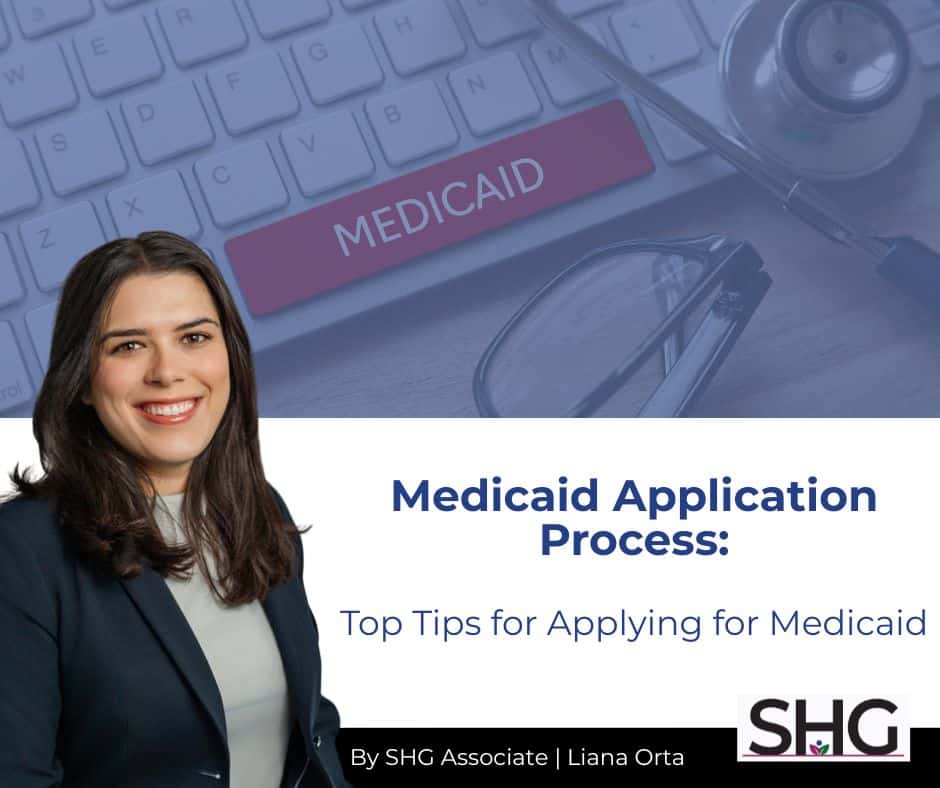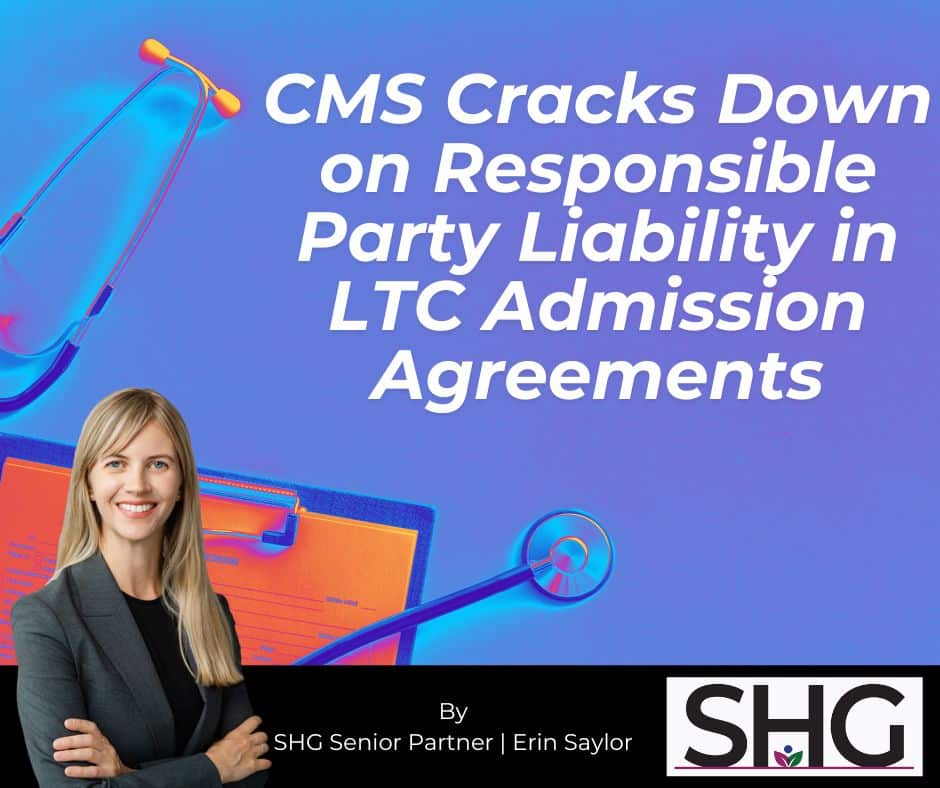A Texas resident’s right to deduct incurred medical expenses is on the verge of a major breakthrough in Texas. For years, the Texas Health and Human Services Commission (“THHSC”) has failed to recognize well-settled Federal law regarding a resident’s right to apply their patient liability toward uncovered medical expenses incurred prior to qualifying for Medicaid benefits. In Texas, this process is often referred to as a request for post-eligibility treatment of income (“PETI Request). Centers for Medicare and Medicaid Services (“CMS”), the federal agency that governs the Medicaid program, has long required State Medicaid programs to allow a Medicaid recipient the ability to secure such a deduction or, alternatively, must seek an exception in the state plan.
You may wonder why this is a significant development for residents in long-term care facilities. Well, in an ideal world when a person enters a long-term care facility, they would have all of their financial affairs in order so that they could immediately qualify for Medicaid benefits upon admission or as soon as they were unable to pay for the cost of their care privately or through a third-party payor like Medicare. However, this is usually far from the norm. Often times, residents find themselves in need of long-term care suddenly or unexpectedly, with no prior financial planning for same, and may therefore not immediately qualify for Medicaid benefits. The Medicaid eligibility process can often take months, during which time the resident is incurring medical expenses that may not ultimately be covered by Medicaid. Federal law states that Medicaid recipients must be provided with the ability to apply their patient liability to cover uncovered pre-eligibility medical expenses. Permissible uncovered medical expenses include things like dental care, vision care, and, room and board services provided by a long-term care facility.
States are allowed to set reasonable limitations on the scope of permitted uncovered medical expenses. For example, some states only allow a Medicaid recipient to apply their patient liability to uncovered medical expenses incurred three months prior to the date of the Medicaid application. However, the TTHSC impermissibly limits a PETI Request to uncovered medical expenses incurred after the Medicaid effective date. This is in contravention of Federal law which allows for a deduction for uncovered medical expenses incurred prior to a resident’s Medicaid eligibility.
Many attorneys and health care advocates in Texas have been trying to get the THHSC to comply with Federal law. Throughout 2017 and 2018, CMS attempted to identify and work these issues out with the THHSC. However, CMS ultimately found that the THHSC failed to comply with Federal law regarding PETI requests. On February 15, 2019, CMS issued a formal Notice, stating that Texas is in substantial non-compliance with Federal Medicaid law and that CMS will begin withholding federal financial funding until Texas comes into a state of compliance regarding PETI requests. The withholding will initially be 4 percent of the Federal share of the THHSC’s quarterly claim for administrative expenditures. This withholding will increase by 2 percent for each quarter that Texas remains noncompliant, up to a maximum withholding of 100 percent.
Texas has 30 days to appeal CMS’s Notice. Please check back with BLG for updates on this important development.
This post was written by SHG Attorney Alyssa Desgranges. Alyssa is licensed to practice in Texas and Colorado and currently resides in Houston.






